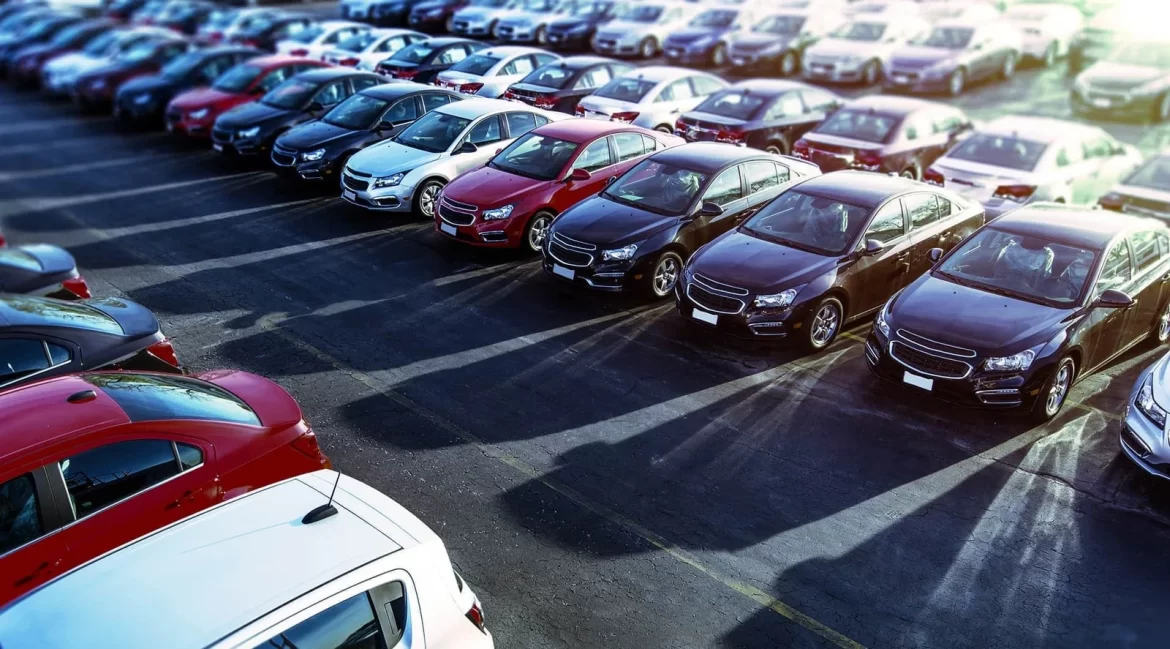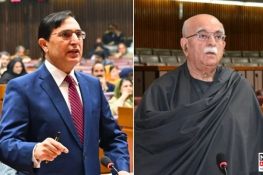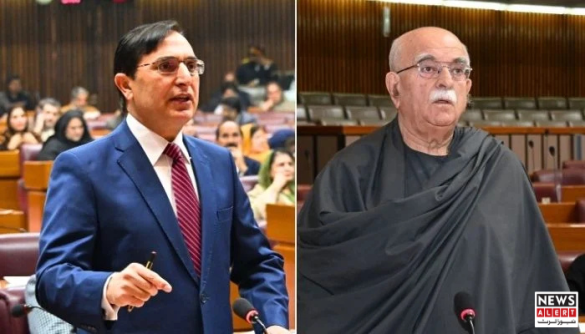Cabinet Approves Tax Increase
The federal government of Pakistan has formally decided to increase the annual token tax on vehicles nationwide. The move was approved during a cabinet meeting chaired by the Prime Minister, where amendments to the West Pakistan Motor Vehicle Act of 1965 were endorsed.
Under the revised policy, token tax rates and other associated fees will see a significant upward revision. The measure applies to private cars, commercial vehicles, and public transport fleets.
Wider Range of Fees Affected
According to official sources, the decision goes beyond token tax alone. Vehicle registration fees, ownership transfer charges, and various licensing costs will also be raised. The new framework will introduce changes in phases, with private motorists and commercial operators alike facing higher costs of compliance.
Officials said that the new rates are expected to come into force from the second quarter of the next fiscal year, pending final approval from the Ministry of Interior. The ministry has been given the authority to determine the revised rates in consultation with provincial governments.
First Increase in Five Years
Interior Ministry representatives explained that token tax rates were last revised in 2019. Since then, inflation, a sharp increase in the number of vehicles on the roads, and mounting pressure on the transport network have all raised the need for an updated structure.
They argued that the additional revenue will be used to improve public facilities, repair roads, and upgrade transport infrastructure. The government has stressed that such measures are essential for maintaining safe and sustainable mobility in the country’s growing urban centers.
Concerns from Vehicle Owners and Dealers
However, the decision has sparked criticism among car owners and automobile dealers. Many argue that ordinary citizens are already burdened by record-high fuel prices, rising insurance premiums, and soaring car prices, despite occasional relief such as Suzuki’s limited-time discount on its Every VX model
Adding another layer of costs, they say, will make car ownership even more difficult, particularly for middle-income households. Dealers also fear that the increase will slow down vehicle sales, which have already declined due to economic uncertainty.
Impact on the Used Car Market
Economic analysts warn that the revised fee structure could have ripple effects across the automobile sector. In particular, the second-hand car market is expected to be hit.
Higher transfer fees and registration costs are likely to discourage buyers and sellers, making transactions more expensive. For many families, used cars remain the most affordable option, but the new taxes could push prices further out of reach.
The used-car industry is a critical part of Pakistan’s vehicle economy. According to trade associations, up to 60% of annual transactions involve second-hand vehicles. Additional taxes on transfers may therefore reduce market activity, squeezing both consumers and small-scale dealers.
Balancing Infrastructure Needs and Public Burden
Supporters of the policy argue that Pakistan’s rapidly expanding road network requires substantial funding. With over 32 million registered vehicles on the country’s roads — a number that has doubled in just over a decade — the demand for better infrastructure is pressing.
Yet critics question whether the government has done enough to ensure transparency in how collected taxes are spent. Past increases, they argue, did not result in visible improvements to roads or traffic management systems.
Looking Ahead
The final decision on the revised rates is expected within months. Once announced, provincial governments will be tasked with implementation. The Ministry of Interior has assured stakeholders that it will consult widely before finalizing figures.
In the meantime, car owners and industry representatives are calling for the government to reconsider the scale of the increase. They argue that while infrastructure upgrades are necessary, any additional taxation should be balanced against the financial realities of ordinary citizens.
The upcoming fiscal quarter will therefore be critical. It will determine not only how much extra revenue the government can raise but also how the country’s automobile market and road users respond to yet another financial challenge.















